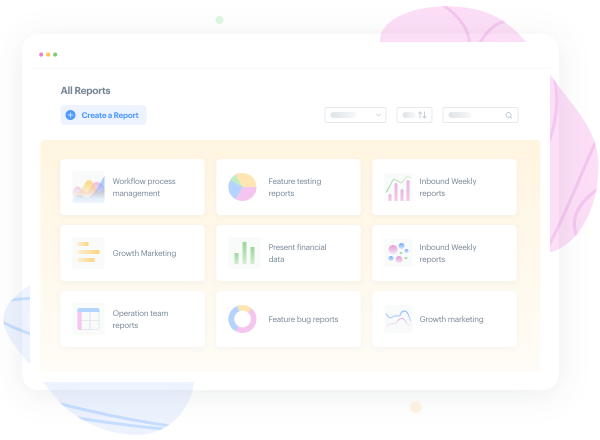









Essential HR Business Tools To Survive And Thrive
The HRshastri Platform automates HR processes & empowers employee self-service. Get all-around productivity and engaged employees—the crucial ingredients for growth.
Get Started
About Ourselves
HRM system, or Human Resource Management system, is a software platform that automates and streamlines HR processes, including employee data management, payroll, recruitment, performance management, training, and reporting, to enhance efficiency and accuracy in HR operations.
Know About us
HRM system, or Human Resource Management system, is a software platform that automates and streamlines HR processes, including employee data management, payroll, recruitment, performance management, training, and reporting, to enhance efficiency and accuracy in HR operations.
HRMS professional implementation ensures seamless setup, customization, and integration for efficient HR processes and improved workforce management.
Complete customer care of HRMS guarantees responsive support, timely issue resolution, and personalized assistance for seamless system integration.
HRMS guidance for executives: Streamline workflows, maintain compliance, and optimize HR and payroll operations for efficiency.
All You Need In One Place Intuitive HR Platform
Payroll management involves the administration of employee compensation, including wages, salaries, bonuses, and deductions. It encompasses tasks such as calculating and processing payroll, managing tax withholding and compliance, handling benefits and deductions, and generating payslips. Effective payroll management ensures accurate and timely payment to employees while adhering to legal and regulatory requirements. It also involves maintaining payroll records, tracking attendance and leave, and staying updated on payroll-related laws and policies.

Staff management involves overseeing and coordinating employees within an organization to ensure optimal productivity and performance. It includes activities such as recruitment, onboarding, training, scheduling, and performance evaluation. Effective staff management involves creating a positive work environment, fostering teamwork, addressing employee concerns, and providing necessary resources for their success. It plays a vital role in maximizing employee engagement, retention, and ultimately contributes to the overall success of the organization.

Employee management encompasses the overall administration and supervision of individuals within an organization to optimize their productivity and well-being. It includes activities such as recruitment, performance management, career development, employee engagement, and addressing concerns or conflicts. Effective employee management involves providing clear expectations, regular communication, recognition of achievements, and creating opportunities for growth. It aims to maximize employee satisfaction, motivation, and retention, ultimately contributing to the success of both individuals and the organization as a whole.

Timesheet management involves tracking and managing the time employees spend on various tasks or projects within an organization. It includes the recording of work hours, project codes, and task descriptions. Timesheet management allows for accurate tracking of employee productivity, allocation of resources, and project costing. It helps in evaluating project progress, analysing resource utilization, and facilitating accurate billing and payroll processing. Effective timesheet management ensures transparency, accountability, and efficient resource allocation, leading to improved project management and organizational performance.

Training is a systematic process of developing knowledge, skills, and competencies in individuals to enhance their performance and improve their effectiveness in a specific area. It involves designing and delivering structured learning programs, workshops, or courses to address specific training needs. Training aims to close skill gaps, foster professional growth, and enhance job performance. It can encompass a wide range of topics, including technical skills, soft skills, compliance training, leadership development, and more, depending on the organization’s needs and objectives.

Recruitment management involves the planning, implementation, and coordination of activities related to finding, attracting, and selecting qualified candidates to fill job vacancies within an organization. It includes activities such as job analysis, job posting, sourcing candidates, screening resumes, conducting interviews, and making job offers. Recruitment management aims to identify and attract top talent that aligns with the organization’s requirements and culture. It involves creating effective recruitment strategies, utilizing various recruitment channels, and ensuring a streamlined and fair selection process. Effective recruitment management helps organizations build a talented workforce and achieve their strategic objectives.

Events management encompasses the planning, organization, and execution of various events, such as conferences, seminars, trade shows, and corporate functions. It involves tasks like budgeting, venue selection, vendor coordination, logistics management, marketing, and attendee registration. Events management ensures the smooth and successful delivery of events, creating memorable experiences for participants and achieving the desired objectives. It requires attention to detail, effective communication, and problem-solving skills to ensure a seamless and impactful event that meets the needs of attendees and stakeholders.

Report management involves the organization, storage, and retrieval of various reports generated within an organization. It includes activities such as creating report templates, collecting data, analysing information, generating reports, and archiving them for future reference. Report management ensures that reports are accurate, accessible, and securely stored. It may involve implementing document management systems, establishing report distribution channels, and maintaining proper version control. Effective report management facilitates informed decision-making, supports compliance requirements, and enhances overall organizational efficiency.

Questions You Have